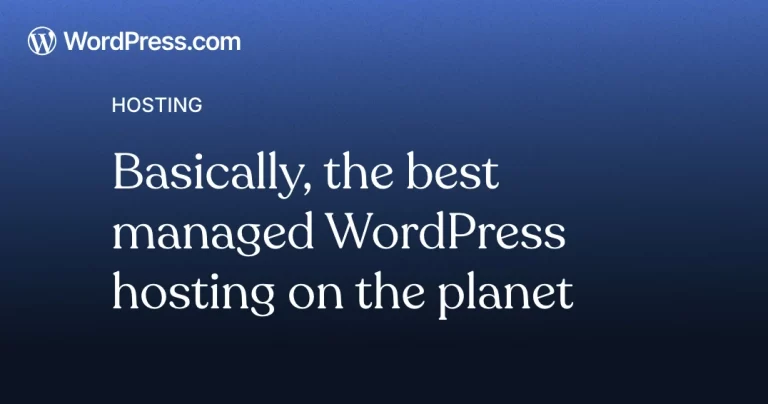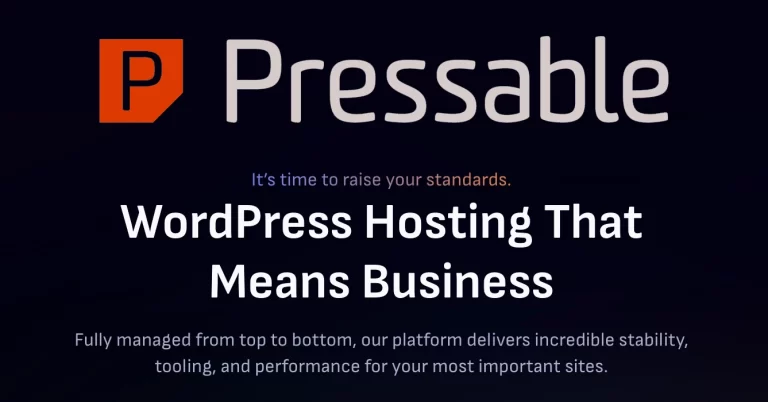Table of Contents
7 Powerful Reasons Why Starlink Outshines HughesNet in 2024
Are you tired of slow, unreliable internet in rural areas? The battle between Starlink vs HughesNet is heating up in 2024, with Starlink emerging as a game-changing solution for high-speed satellite internet. Let’s explore why Starlink is leaving traditional providers like HughesNet in the dust.
Starlink vs HughesNet: Speed Comparison
When it comes to internet speeds, Starlink is in a league of its own:
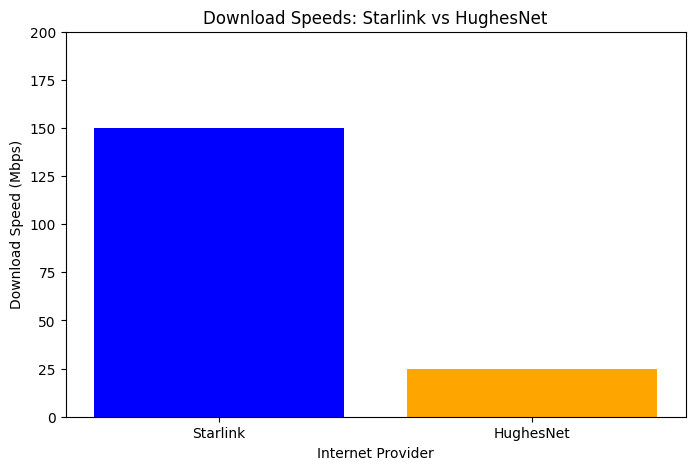
| Provider | Download Speed | Upload Speed |
|---|---|---|
| Starlink | 20-220 Mbps | 5-20 Mbps |
| HughesNet | 25 Mbps | 3 Mbps |
As you can see, Starlink offers significantly faster download speeds and up to 6 times faster upload speeds than HughesNet. This difference is crucial for modern internet usage, especially for households with multiple users or those who rely on the internet for work or entertainment.
Real-World Impact of Speed Differences
• Video Streaming: With Starlink, you can easily stream 4K content on multiple devices simultaneously. HughesNet’s speeds may struggle with even a single HD stream.
• File Downloads: Large files that might take hours on HughesNet can be downloaded in minutes with Starlink.
• Video Conferencing: Starlink’s higher upload speeds ensure crystal-clear video calls, while HughesNet users may experience pixelation and lag.
Latency: A Clear Starlink Advantage
Latency is crucial for real-time applications like video calls and online gaming. Here’s how Starlink and HughesNet compare:
| Provider | Typical Latency |
|---|---|
| Starlink | 20-40 ms |
| HughesNet | 600-800 ms |
Starlink’s low-Earth orbit satellites provide dramatically lower latency, making it suitable for activities HughesNet simply can’t handle.
Why Latency Matters
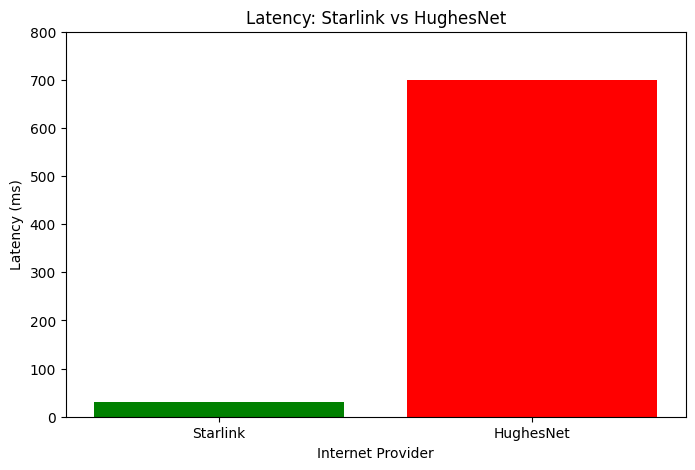
• Online Gaming: Starlink’s low latency allows for competitive online gaming, while HughesNet’s high latency makes most online games unplayable.
• Real-Time Applications: Stock trading, remote surgery, and other time-sensitive tasks are possible with Starlink but impractical with HughesNet.
• VoIP Calls: Starlink provides clear, lag-free voice calls, while HughesNet may cause noticeable delays in conversation.
Data Caps and Throttling
• Starlink: Unlimited data with no hard caps
• HughesNet: Data caps ranging from 15 GB to 100 GB per monthStarlink’s unlimited data policy means you can stream, work, and browse without worrying about overage fees or drastically reduced speeds.
The Hidden Costs of Data Caps
HughesNet’s data caps can lead to:
• Unexpected overage charges
• Severely reduced speeds after reaching the cap
• The need to purchase additional data packsWith Starlink, you can use the internet freely without constantly monitoring your data usage.
Availability and Coverage
While both Starlink and HughesNet offer wide coverage, Starlink is rapidly expanding its network:[Starlink Coverage Map]Starlink’s growing constellation of satellites means more areas are gaining access to high-speed internet every month.
Starlink’s Expansion Plans
• Global Coverage: Starlink aims to provide internet access to even the most remote areas on Earth.
• Polar Regions: Unlike HughesNet, Starlink plans to serve areas above the 60th parallel.
• Mobile Connectivity: Starlink is developing solutions for moving vehicles, boats, and aircraft.
Customer Satisfaction: Starlink Takes the Lead
Recent surveys show Starlink users are significantly happier than traditional ISP customers:• 87% of Starlink customers reported being “completely or very satisfied”
• Only 67% of HughesNet customers reported the same level of satisfaction
Factors Contributing to Higher Satisfaction
• Consistent Performance: Starlink users report more reliable speeds and lower downtime.
• Customer Support: Many users praise Starlink’s responsive and helpful customer service.
• Continuous Improvement: Regular updates and new features keep Starlink users excited about the service.
Pricing and Value
While Starlink’s upfront costs are higher, its superior performance often justifies the investment:
| Provider | Monthly Cost | Equipment Cost |
|---|---|---|
| Starlink | $110 | $599 (one-time) |
| HughesNet | $65-$150 | $450 (or lease) |
Starlink’s faster speeds and unlimited data make it a better value for heavy internet users.
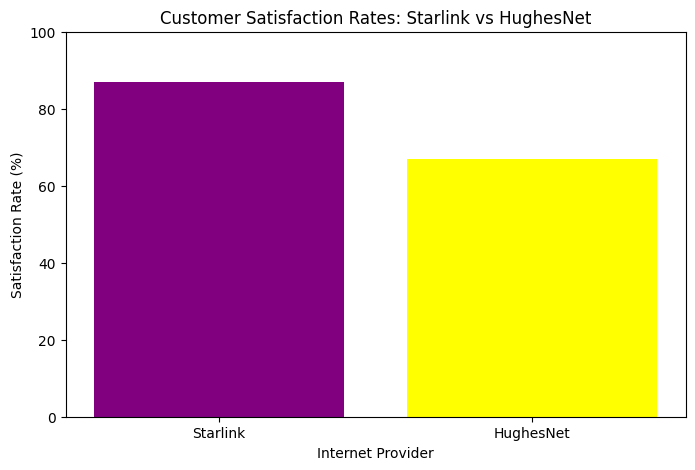
Long-Term Cost Analysis
Over a 2-year period:
• Starlink: $3,239 (including equipment)
• HughesNet: $2,010 – $4,050 (depending on plan, excluding potential overage fees)While Starlink’s initial cost is higher, the superior service and lack of data caps can provide better value, especially for households with high data usage.
Future-Proof Technology
Starlink continues to innovate, with plans for:• Laser inter-satellite links for even faster speeds
• Mobile and maritime services
• Ongoing launches to improve coverage and capacity
Meanwhile, HughesNet relies on older geostationary satellite technology with limited room for improvement.
Starlink’s Technological Edge
• Satellite Refresh: Starlink regularly launches new satellites with improved capabilities.
• Ground Station Expansion: More ground stations are being added to reduce latency and improve speeds.
• Software Updates: Regular updates enhance performance and add new features.
Environmental Considerations (Starlink vs HughesNet)
As we become more environmentally conscious, it’s worth considering the ecological impact of these services:• Satellite Lifespan: Starlink satellites have a shorter lifespan (5-7 years) but are designed to completely burn up upon re-entry, leaving no space debris.
• Energy Efficiency: Starlink’s lower orbit requires less power for transmission, potentially reducing energy consumption.
• Light Pollution: While initial concerns were raised about Starlink satellites’ visibility, SpaceX has implemented measures to reduce their brightness.
Why Choose Starlink Over HughesNet?
- Blazing-fast speeds: Up to 8x faster downloads than HughesNet
- Ultra-low latency: Perfect for video calls and online gaming
- Unlimited data: No caps or throttling to hold you back
- Expanding coverage: Reaching more rural areas every month
- Higher customer satisfaction: Users love the Starlink experience
- Innovative technology: Constantly improving service
- Better long-term value: Superior performance justifies the cost
Conclusion: Starlink is the Clear Winner
In the Starlink vs HughesNet showdown, Starlink emerges as the superior choice for rural internet users seeking high-speed, low-latency connectivity. With its cutting-edge technology, unlimited data, and rapidly expanding coverage, Starlink is revolutionizing satellite internet service. The future of rural internet is here, and it’s powered by Starlink. Whether you’re a remote worker, a gamer, or simply someone who values a fast and reliable internet connection, Starlink offers a level of performance that HughesNet simply can’t match. Ready to experience the future of rural internet? Check Starlink availability in your area
By choosing Starlink, you’re not just getting internet – you’re investing in a technology that will keep you connected and productive for years to come. Don’t settle for outdated solutions – make the switch to Starlink today and join the revolution in satellite internet! If you have any questions, regarding Starlink vs HughesNet you can reach us on Facebook as well. Enjoy!


